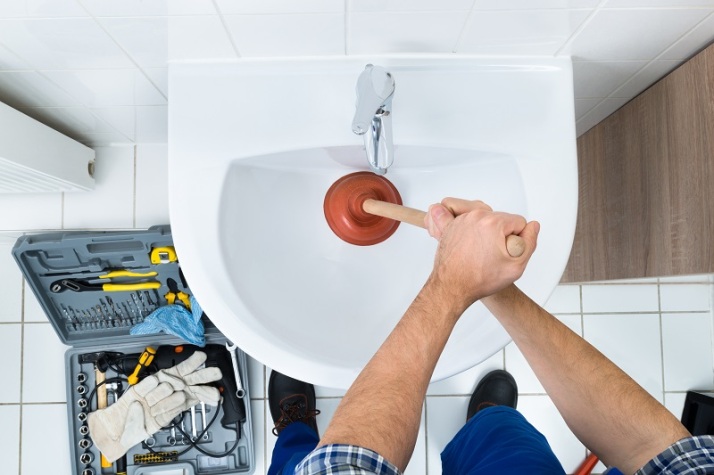Everyone’s drains get a little clogged from time to time – and it’s usually no issue. Eventually, the water pushes away whatever grime or dirt that’s in the way, and you can get back to normal drainage. However, when not dealt with, continuous clogging can become a major problem and may even lead to a plumbing emergency.
Prevention is the first and easiest way to avoid and fix blocked drains. And to help you understand where you’re going wrong, these are the most common causes of clogged drains in the house:
Hair
Yep, those luscious locks can cause mayhem in the waterworks. Hair is actually the biggest culprit for blockages as it can bind together with other substances like grease and soap to create a more solid block.
The easiest way to prevent hair from causing an issue is to empty and rinse the drain guards regularly. That way, the hair can’t make its way down the pipes.
Soap
Believe it or not, soap can also cause blockages, which seems a little counterintuitive. Traditional bars of soap are made using fat or grease, which can create a hard residue when mixed with the water from the taps. You’ll notice that after a few baths, there will be a grainy feel to the side of the tub. Well, this layer of scum is also happening in the pipes.
To fix a soap clogged drain, you should first have it pressure washed to remove the current buildup, then swap to soap-free options for showers and washing up.
Dirt
While we wash our hands, rinse off makeup, or clean mud off our clothes into the sink, all of that dirt has to go somewhere. Dirt and grime can easily build up in the pipes, causing an obstruction to water flow. To prevent this, be sure to rinse or shake off excess mud and dirt before washing them.
Food waste
Washing the dishes is nobody’s favorite task, but even if you have a waste disposal system integrated into your sink, food can quickly trickle into the drains and block the pipes. Big culprits like tea leaves and coffee grounds don’t actually break down in the water, so it’s worth remembering to empty your cup before pouring it down the plug. Oil and grease are also no-goes for the sink, so before washing up your pans and plates, leave the fat to solidify and scrape it into the bin. Alternatively, food leftovers and oils can all be added to a compost heap.
Small objects
Toothpicks, cotton pads, and other household items have a sneaky way of getting themselves stuck in the pipes. When it comes to sinks and toilets, nothing but toilet paper, water, and human waste should be going down. Everything else should be responsibly disposed of either through general waste bins, recycling, or composting. If objects have fallen into the pipework, you’ll likely need a plumber to help remove them.
So, these are the top five causes of blocked drains, and all are pretty preventable. Make sure to take extra care when using the sink next – as you could be causing blockages without even realizing it.


